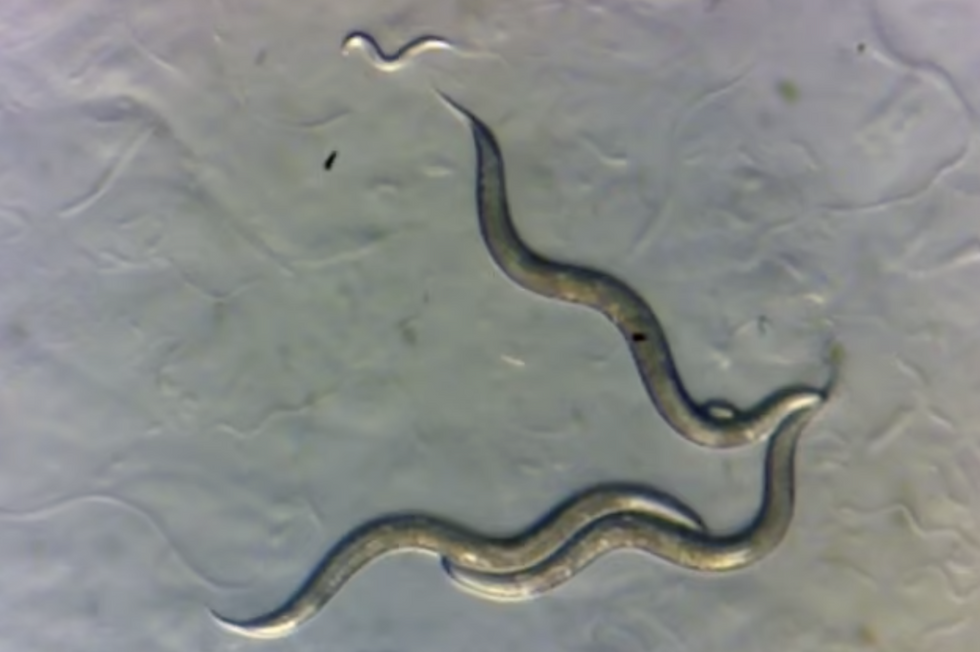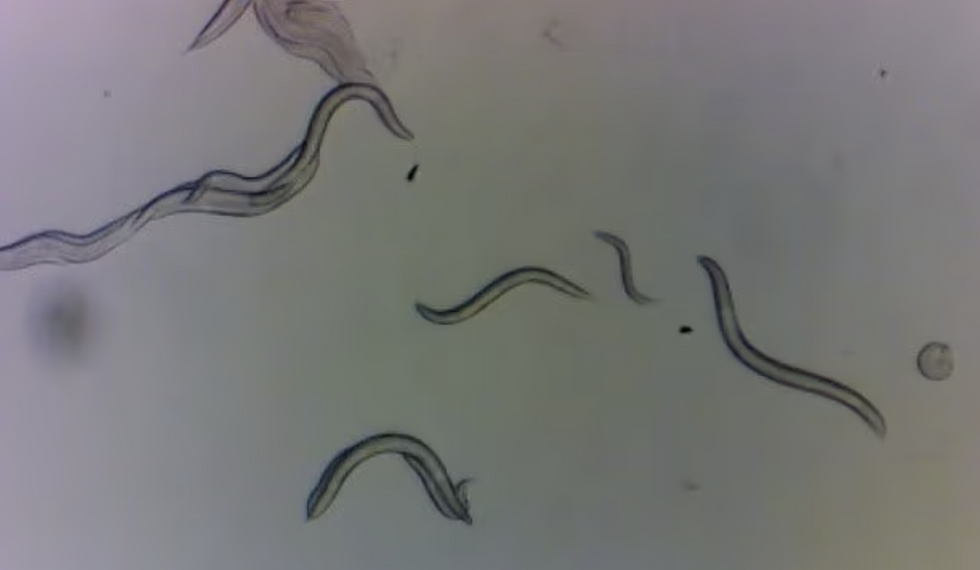Nuclear-powered worms given 'superpowers' after Chernobyl explosion

The worms appear to have become immune to radiation, a new study has shown
Don't Miss
Most Read
Latest
Chernobyl’s explosion has given worms “superpowers” despite radiation exposure impacting many animals in the nearby area.
The worms appear to have become immune to radiation, a new study has shown.
Dr Sophia Tintori said: “Chernobyl was a tragedy of incomprehensible scale, but we still don't have a great grasp on the effects of the disaster on local populations.
“Did the sudden environmental shift select for species, or even individuals within a species, that are naturally more resistant to ionizing radiation?”

The worms appear to have become immune to radiation, a new study has shown
|SOPHIA TINTORI
She also claimed: “This doesn't mean that Chornobyl is safe - it more likely means that nematodes are really resilient animals and can withstand extreme conditions.
“We also don't know how long each of the worms we collected was in the Zone, so we can't be sure exactly what level of exposure each worm and its ancestors received over the past four decades.”
Matthew Rockman, a professor of biology at NYU, added: “These worms live everywhere, and they live quickly, so they go through dozens of generations of evolution while a typical vertebrate is still putting on its shoes.”
He argued: “We can cryopreserve worms, and then thaw them for study later.

Chernobyl nuclear power plant a few weeks after the disaster
|GETTY
“That means that we can stop evolution from happening in the lab, something impossible with most other animal models, and very valuable when we want to compare animals that have experienced different evolutionary histories.”
The disaster in Chernobyl in 1986 at the local nuclear power plant resulted in radioactive energy covering much of the surrounding area.
Ukrainians were evacuated from the area following the incident.
However, plants and animals continued to call the territory home.

Ukrainians were evacuated from the area following the incident
|SOPHIA TINTORI
Researchers recently opted to visit Chernobyl to study nematodes.
Nematodes are tiny worms with simple genomes and rapid reproduction rates.
It is particularly useful for scientists understanding basic biological phenomena.
Researchers designed a system to compare how quickly populations of worms grow.
The system was used to measure how sensitive the descendants of each of the 20 genetically distinct worms were to different types of DNA damage.











